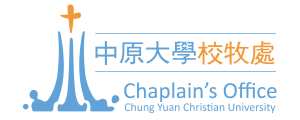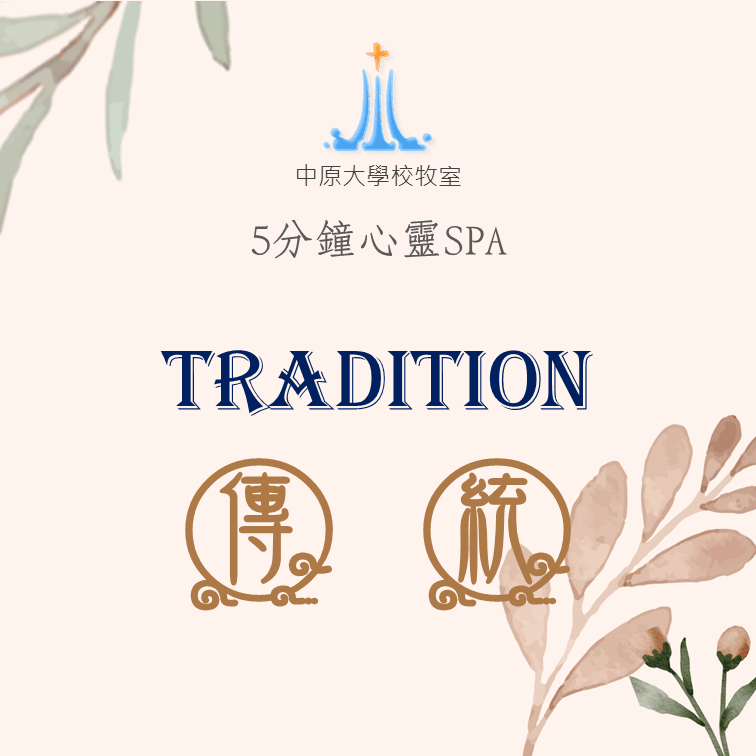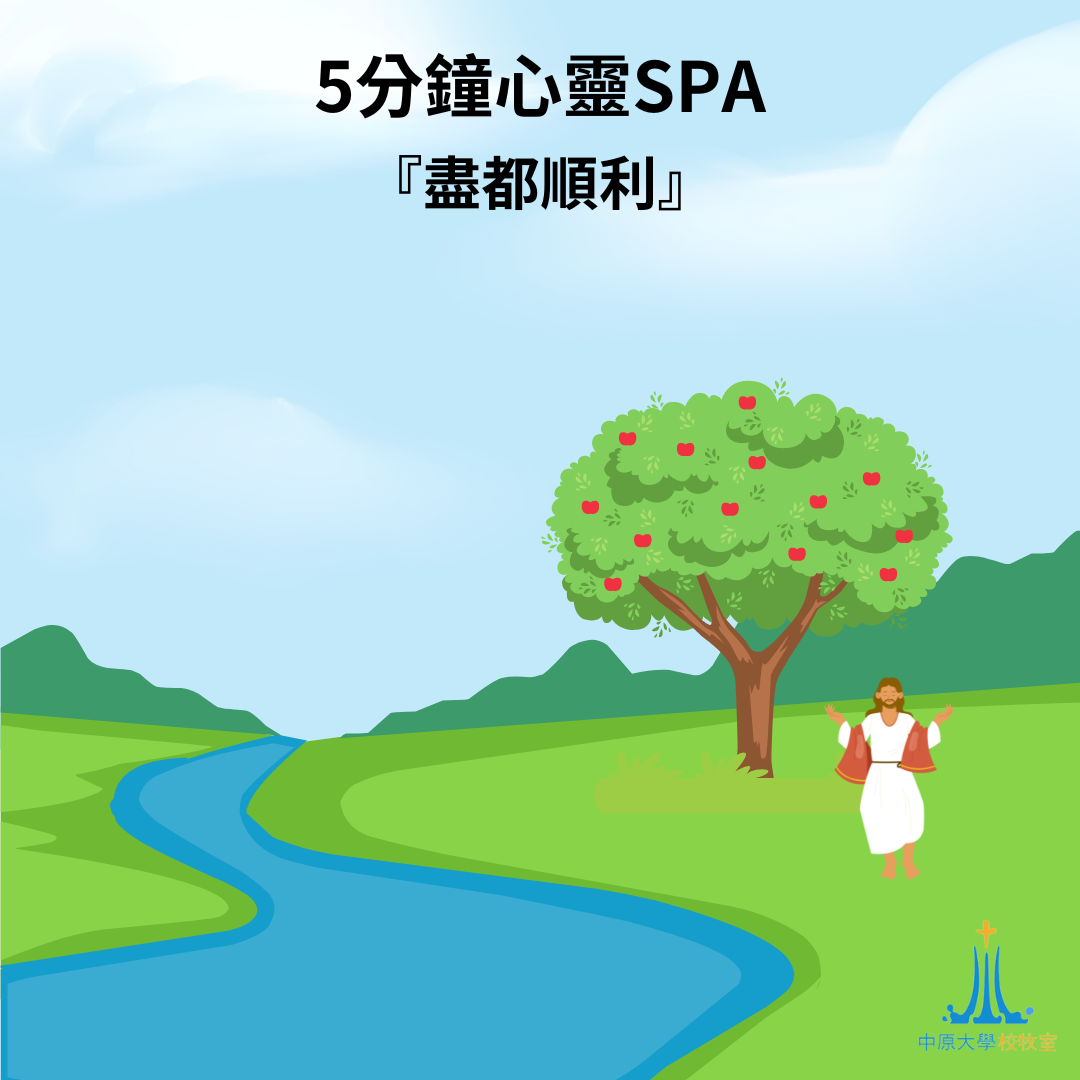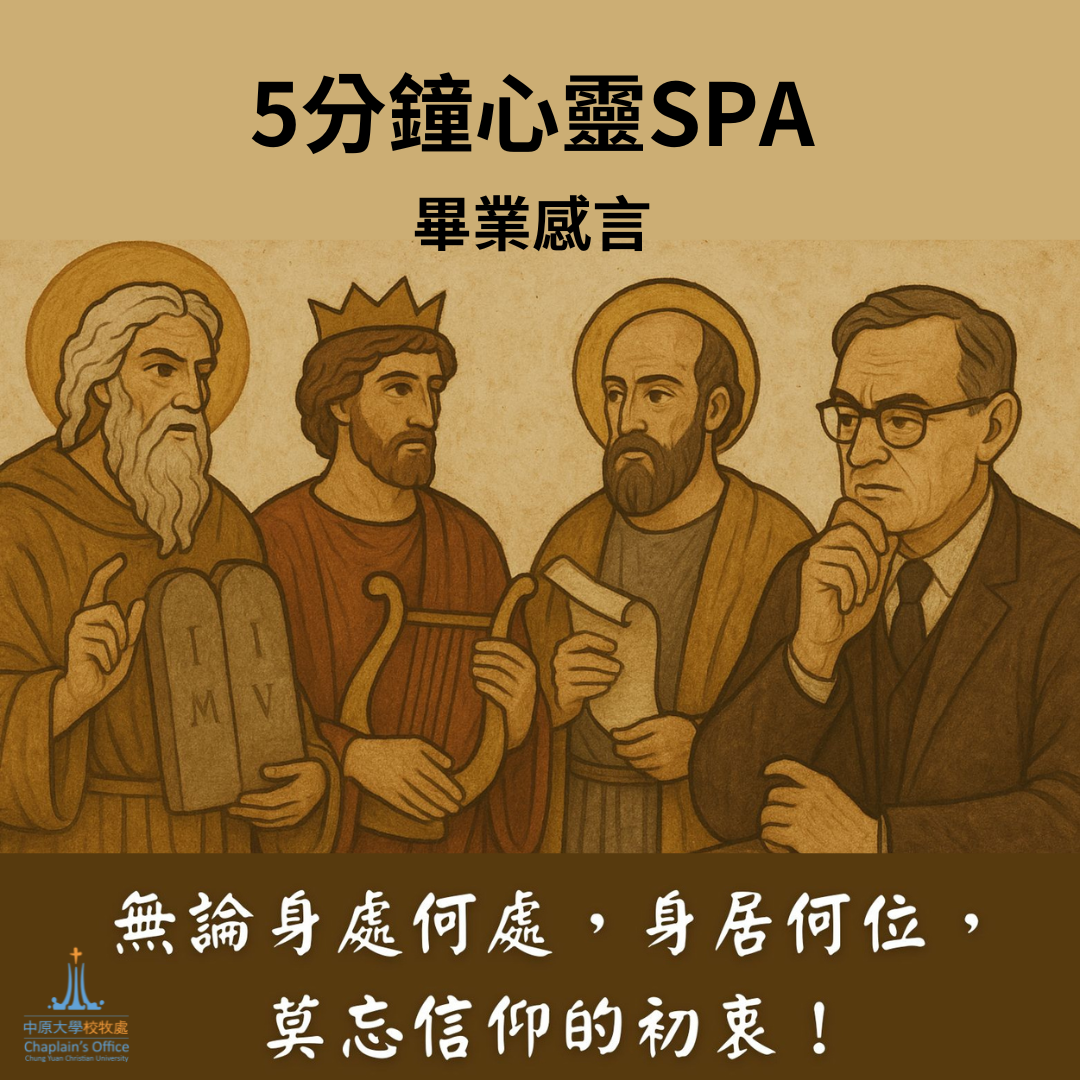Tradition is important. Whether as often practiced rituals, stories told and retold, or as the lessons handed down about how to live in the world, they are a bedrock and foundation upon which we can build a life.
傳統是很重要的,無論是經常實踐的儀式、重複講述的故事
Tradition is the meals we share with family, that help maintain the bonds between us. It is the events we partake in as community, to remind us of our obligations to each other.
傳統是我們與家人一起用餐,有助於維持彼此之間的連結感
Tradition is the stuff of culture that makes life more than just work-eat-sleep-repeat. It is your grandmother’s cookies, your grandfather’s rocking chair, your great-uncles photographs, all heavy with memory.
傳統是一種文化,它使生活不僅僅是工作-吃飯-睡覺-重
Yet none of this comes easy. Tradition is not a instinct – it is taught and it is learned.
然而,這一切都來之不易,傳統不是一種本能,它需要被傳
For that reason, it is one of God’s most common reminders and starkest warnings to his people. “Remember who you are and who I am.”
因此,這是上帝對祂子民最常見的 提醒和最嚴厲的警告之一。“記住 你是誰,我是誰。”
Scripture is filled with traditions and acts of memory – feasts of booths, of trumpets, of weeks; Passover and communion. It is similarly filled with warnings about the terrible decline that comes with forgetting – vivid in the lives and reigns of Israel’s kings.
聖經充滿了傳統和記憶的活動—住棚節、吹角日、七七節;
We need to take a moment to stop and think – for the rush of work and need can crowd out all thought – and discern where the roots of our traditions have grown weak and our memories lax.
我們需要花點時間停下來思考—因為忙碌的工作會壓縮我們
And in those places, restore again the acts of memory that speak back to you reminders of God’s grace and the good things in this life which he has gifted to you.
從那些地方,再一次恢復記憶,這些 見證會提醒你上帝的恩典和祂賜給你今生的美好事物。





